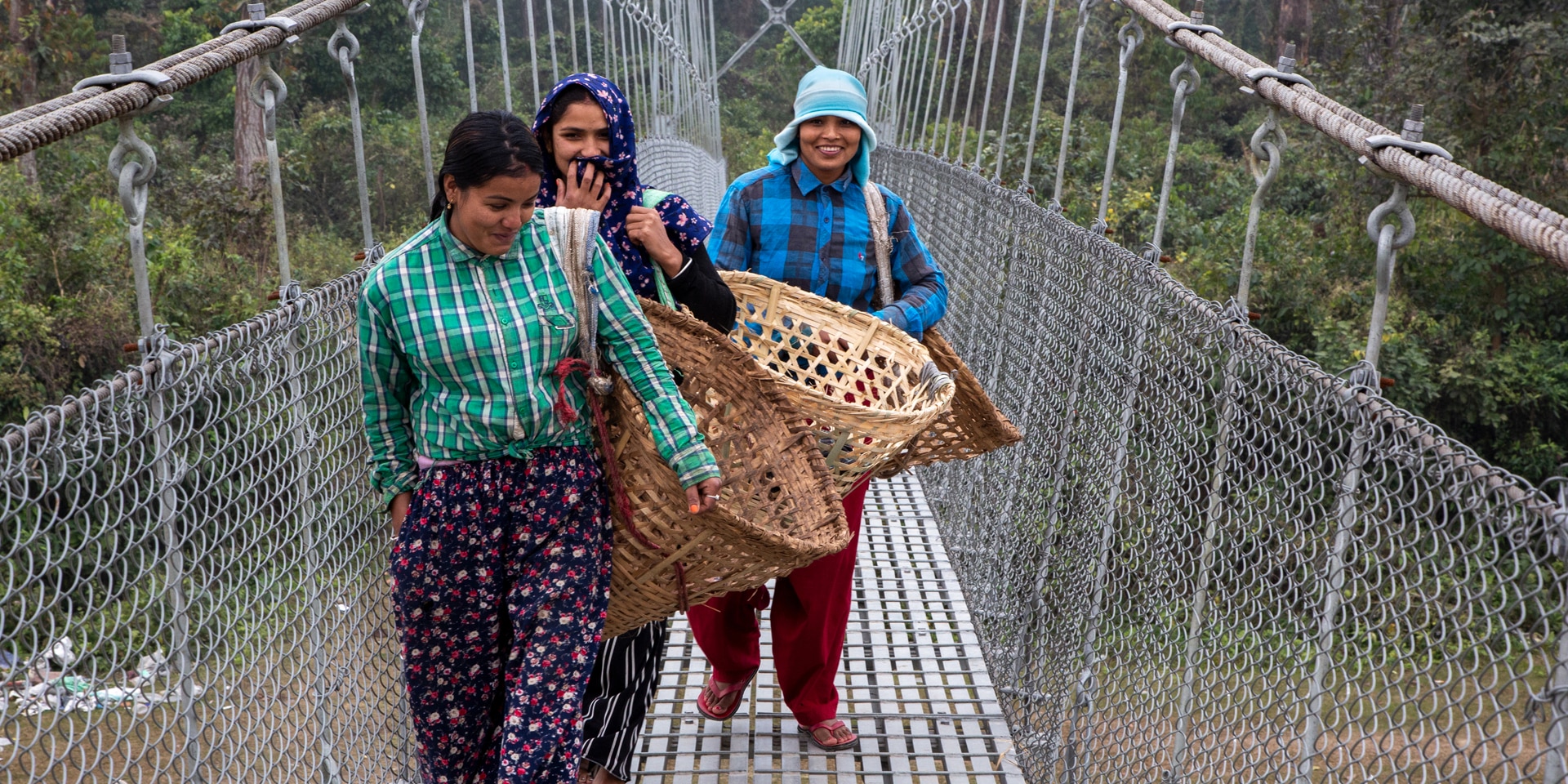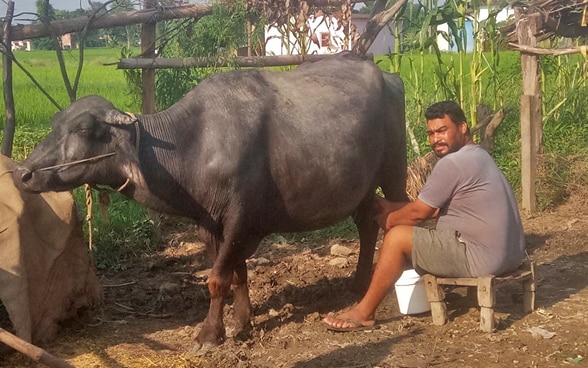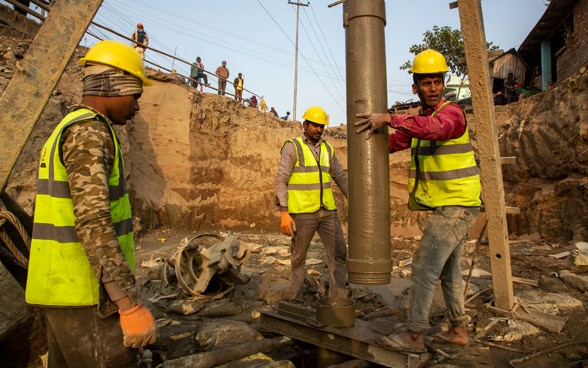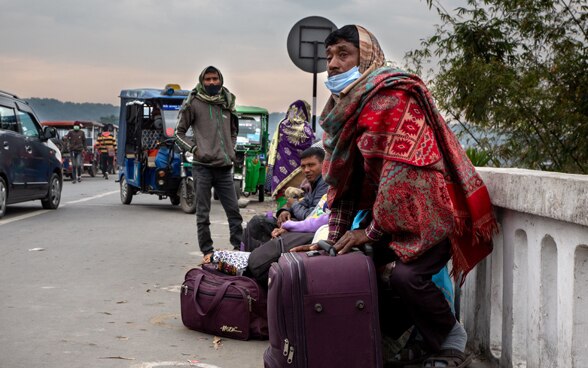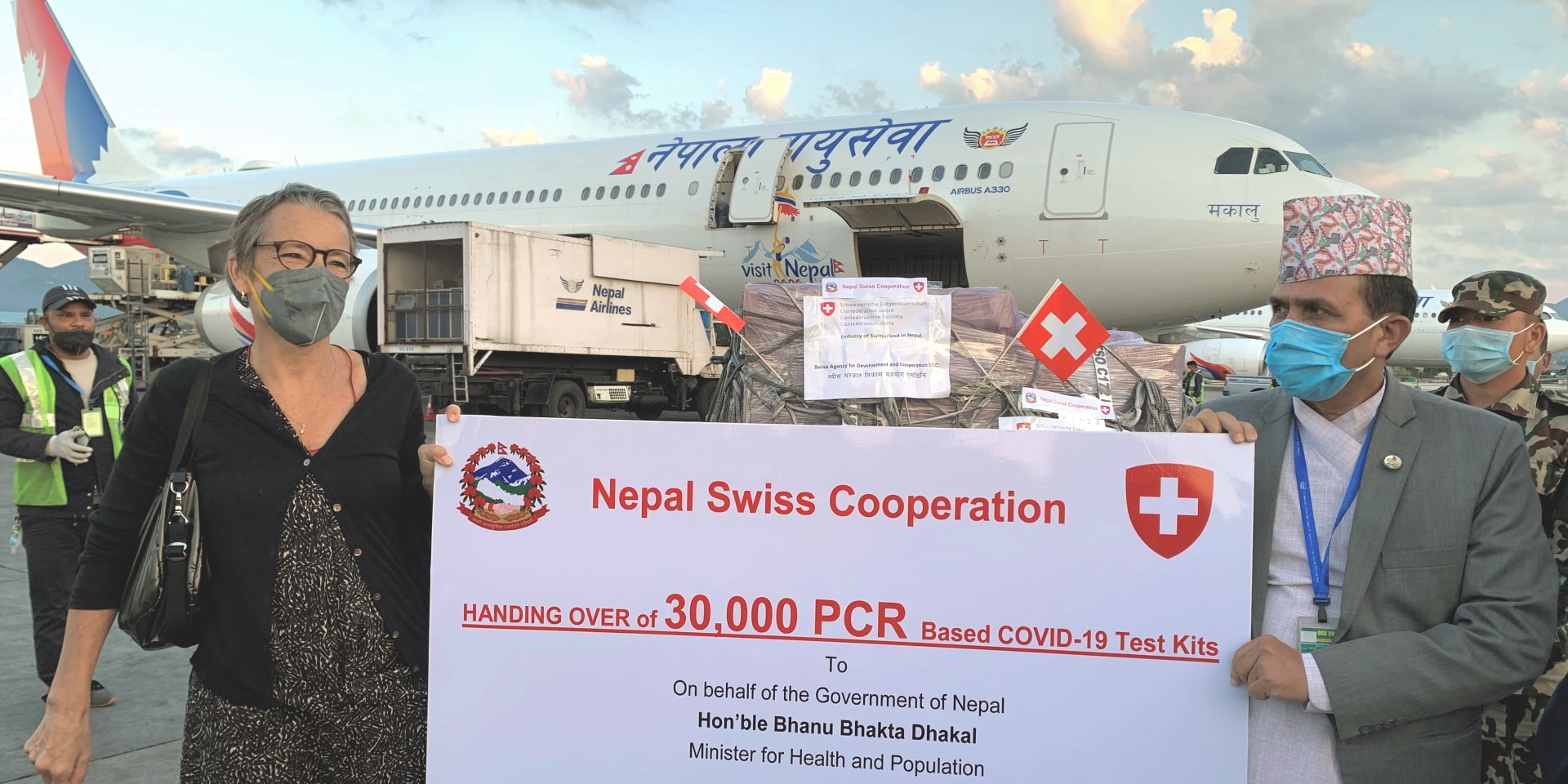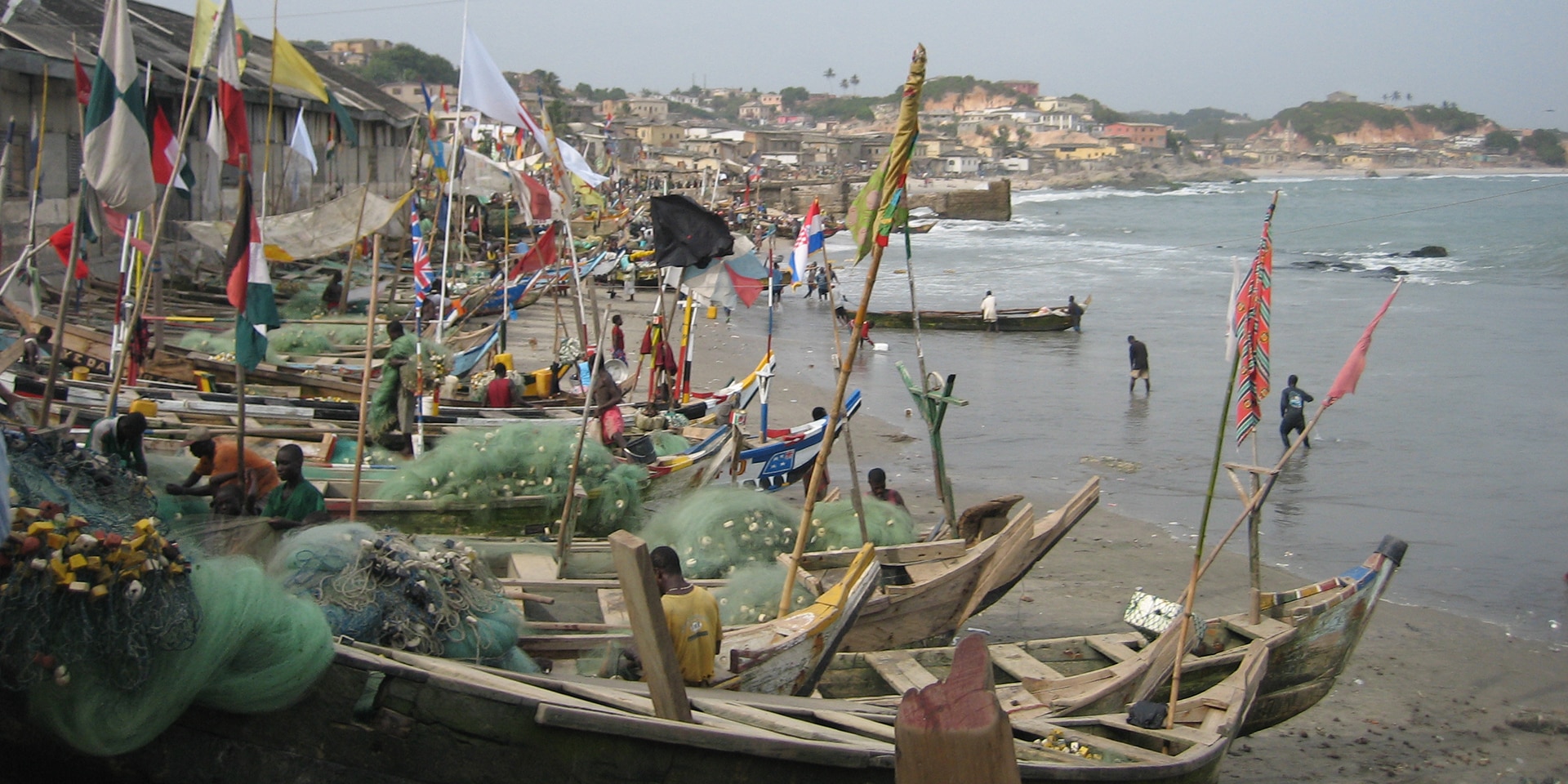3 questions to Barbara Böni

In a mountainous country like Switzerland, the first and last things people think of when Nepal is mentioned are the Himalayas. Can you help us look beyond this one-dimensional view and tell us about other similarities between our two countries?
You're quite right, the first things that spring to mind when people think of Nepal are Mount Everest and the towering mountains of the Annapurna Range. Nepal is a popular mountain trekking destination for the Swiss. Between January and August of 2022, 1,671 Swiss tourists and mountaineers had made the pilgrimage to the country to go trekking in the Himalayas. Our two countries share many other features. Geographically, both Switzerland and Nepal are landlocked countries with many rivers. This is good for the water sector, building dams and generating electricity from hydropower, but also presents challenges such as flooding and landslides. Both countries are culturally and linguistically diverse, though Nepal – with its 30 million inhabitants, 125 ethnic groups and castes, and 123 spoken languages – much more so than Switzerland. Nepal has many equivalents to the 'röstigraben', the cultural and linguistic barrier dividing the German- and French-speaking populations of Switzerland.
In political terms, both Nepal and Switzerland are countries that respect democracy and human rights and have a federal political system. The Nepalese Constitution of 2015 took a leaf from the Swiss political system, including its three levels of government – federal, provincial and local. This is why Switzerland's support to Nepal in sorting out the roles and responsibilities of each of the three levels of government has been greatly appreciated. Planning, budgeting and coordination processes are part and parcel of this support.
To come back to tourism – it's a thriving sector both in Nepal and Switzerland. The many Swiss tourists who've visited Nepal over the years have left their mark: guesthouses along the trekking routes often have rösti on the menu.
Over the years, Swiss development cooperation has adapted to Nepal's changing reality. Why does systemic cooperation matter today?
Nepal has made remarkable progress in economic growth, poverty reduction and building a democratic state. Switzerland has adapted its approach accordingly. Our current focus is more on developing Nepal's capacities and framework conditions for inclusive and sustainable growth.
In keeping with the new constitution, Switzerland also supports structural consolidation, with an emphasis on Nepal's new federal system, which is similar to Switzerland's – with our cantons and communes. For example, many new laws and regulations need to be developed and implemented at the provincial and local government levels. In this context, we place great emphasis on promoting social inclusion and gender mainstreaming. This systemic capacity-building approach is important to support Nepal in the post-pandemic context and in the face of various political attempts to prevent the much-needed reforms.
Secure investments, prepare for the future: that is the goal of the cooperation programme for Nepal for the 2023–26 period. What's new here?
What's clearly new is a much stronger emphasis on private sector development than we had in the past. Switzerland acts as an intermediary, facilitating the transfer of knowledge and technology, notably in agriculture, vocational training, tunnel construction and the promotion of SMEs. It also offers innovative financial solutions aimed at mobilising private capital to achieve development goals.
Given the significant risks that Nepal faces from climate change, including melting glaciers, much more emphasis is being put on the environmental dimension. Switzerland supports, for example, the development of disaster risk management standards and a more nature-friendly tourism sector.
This much is clear: we must continuously adapt to the changing Nepalese context and remain flexible. This is the only way to ensure that the investments made over the years can be secured in the long term and put to effective use in building the prosperous and sustainable future that the people of Nepal want.

